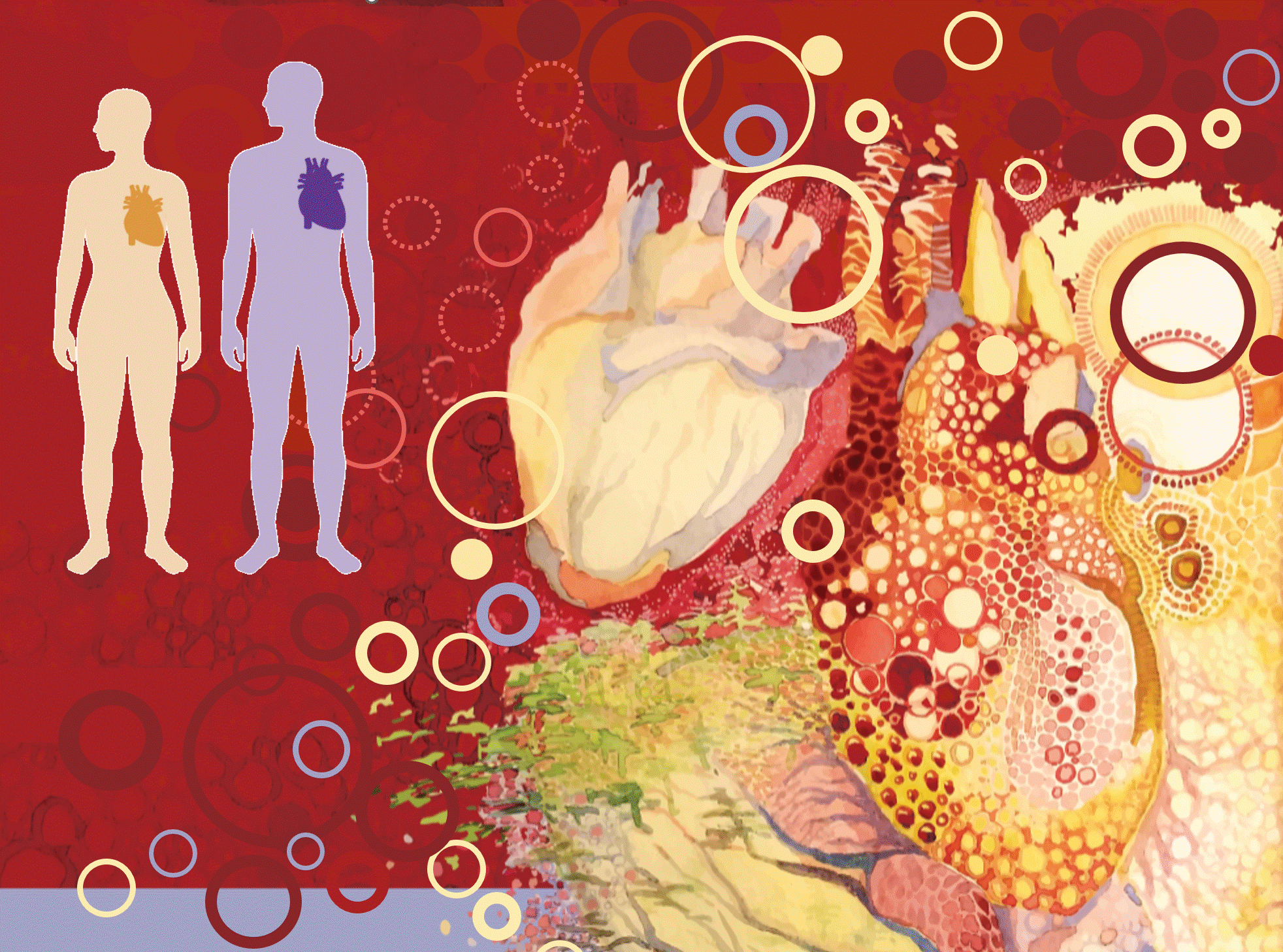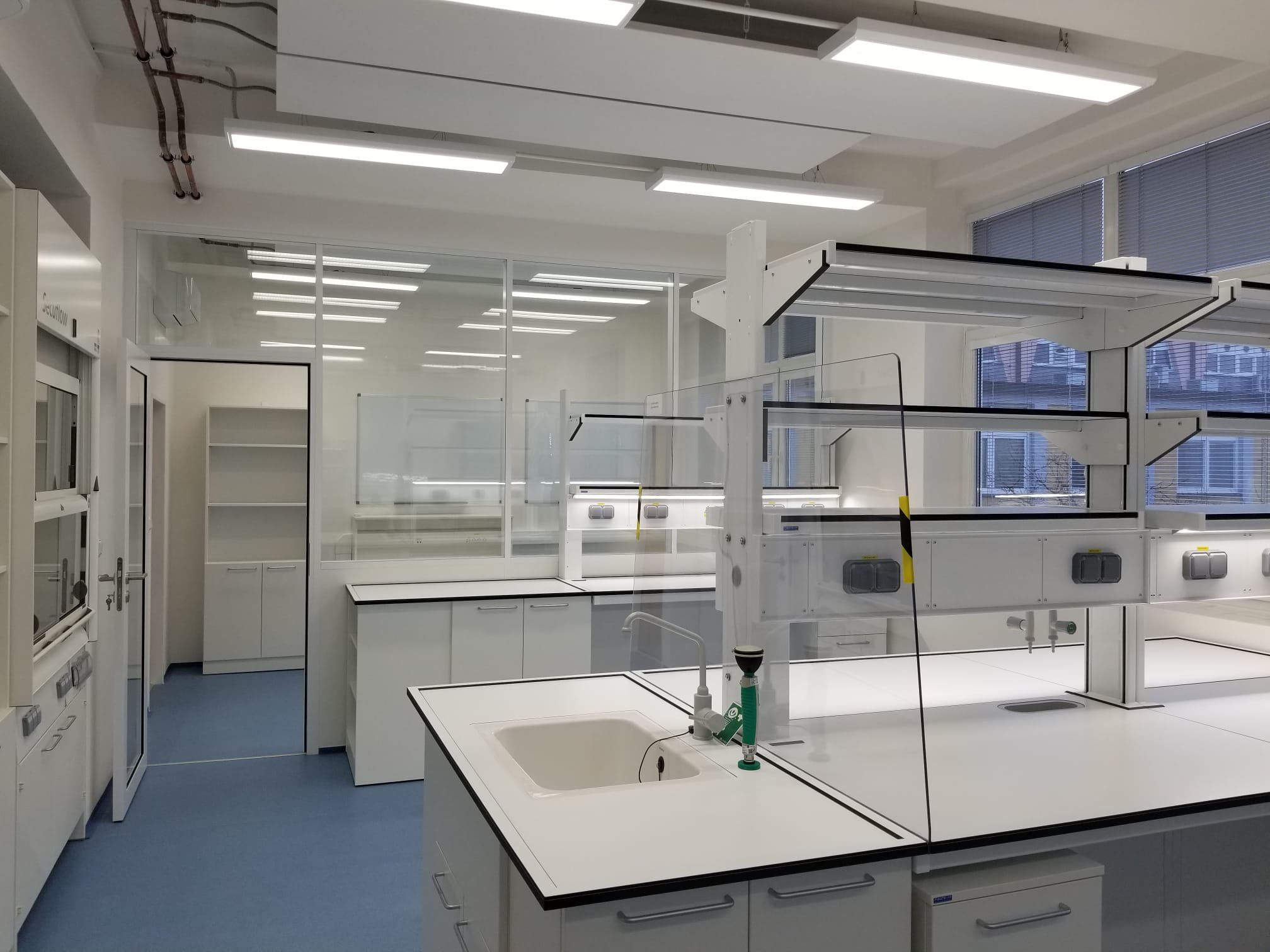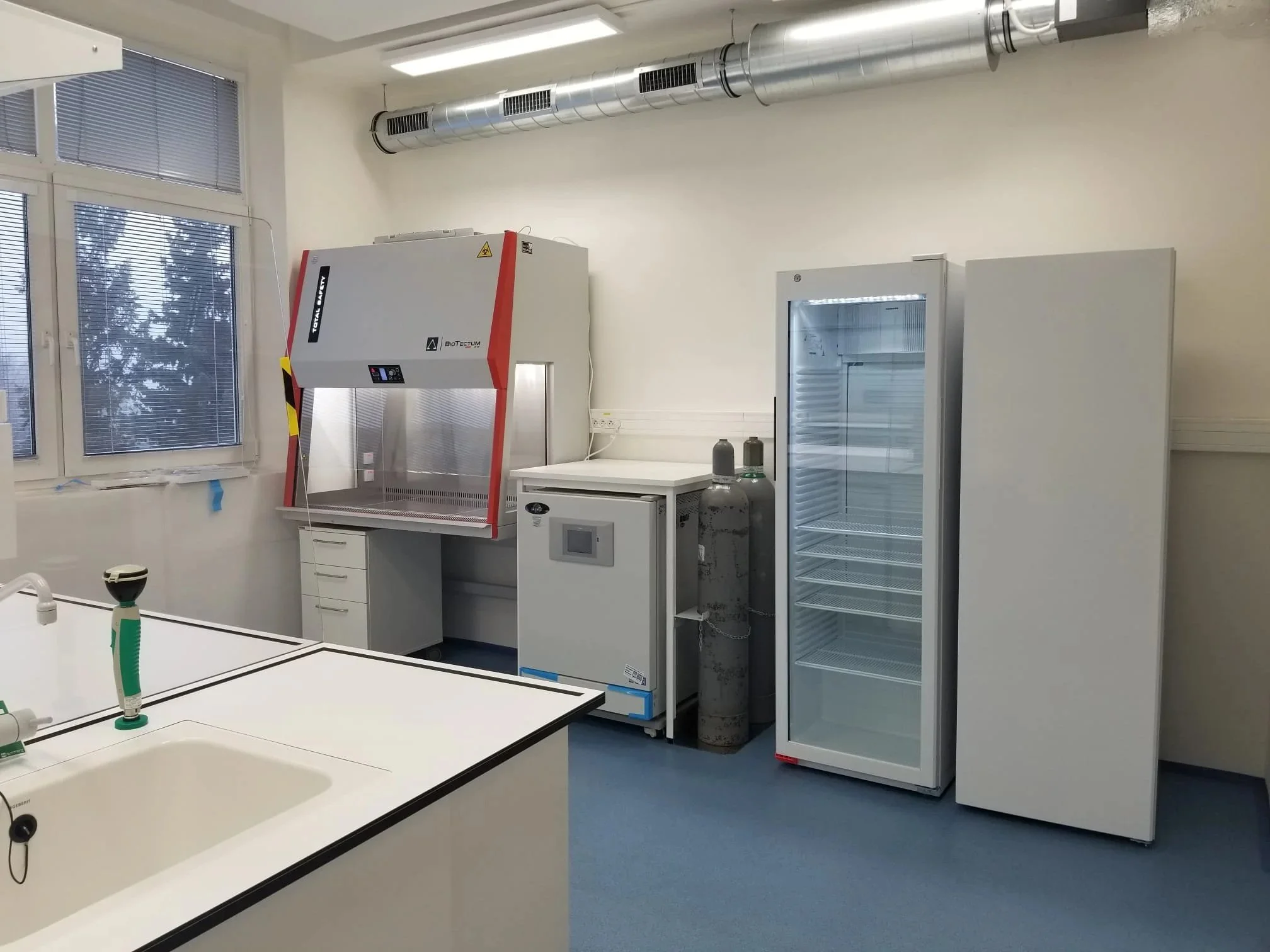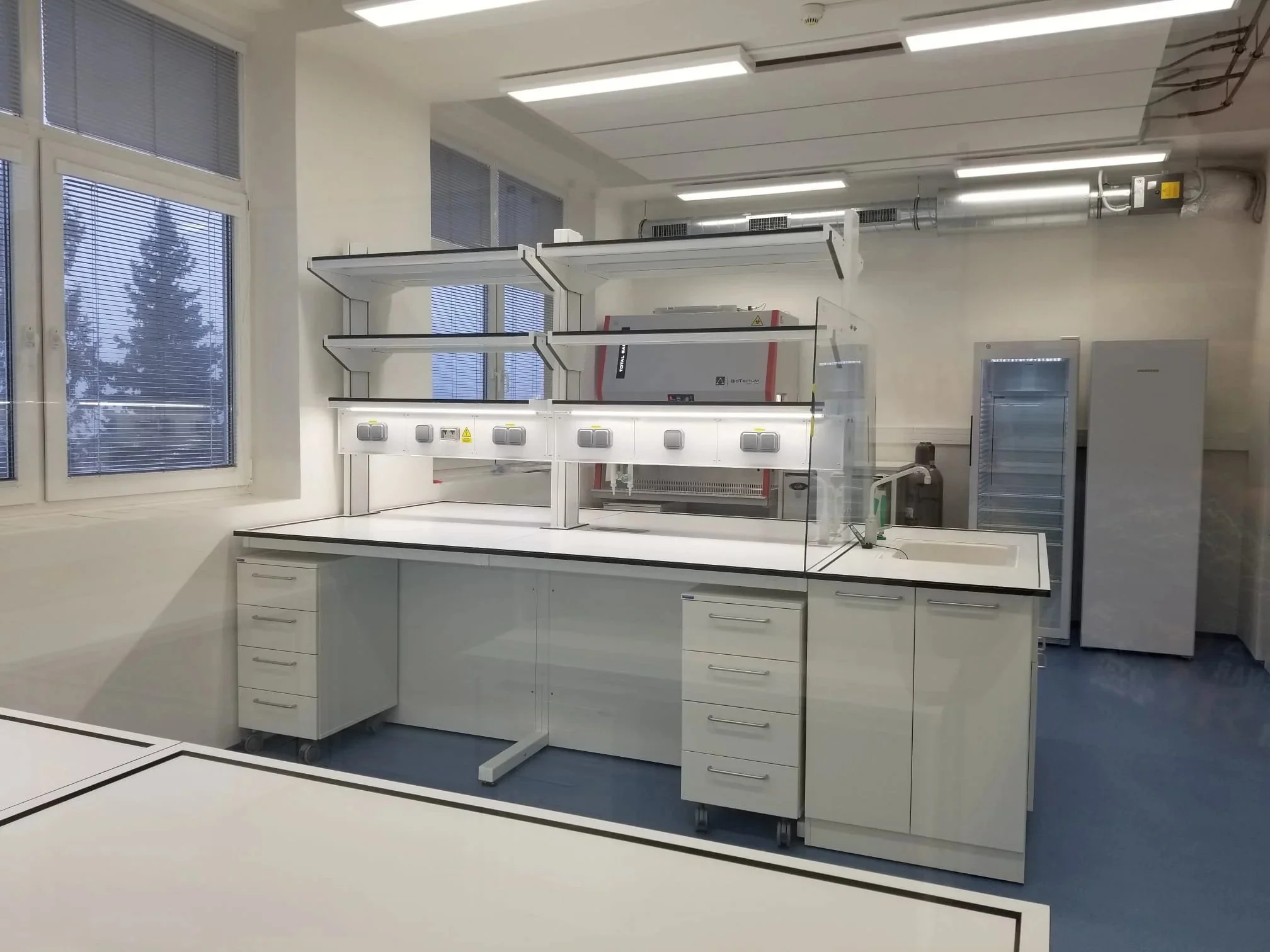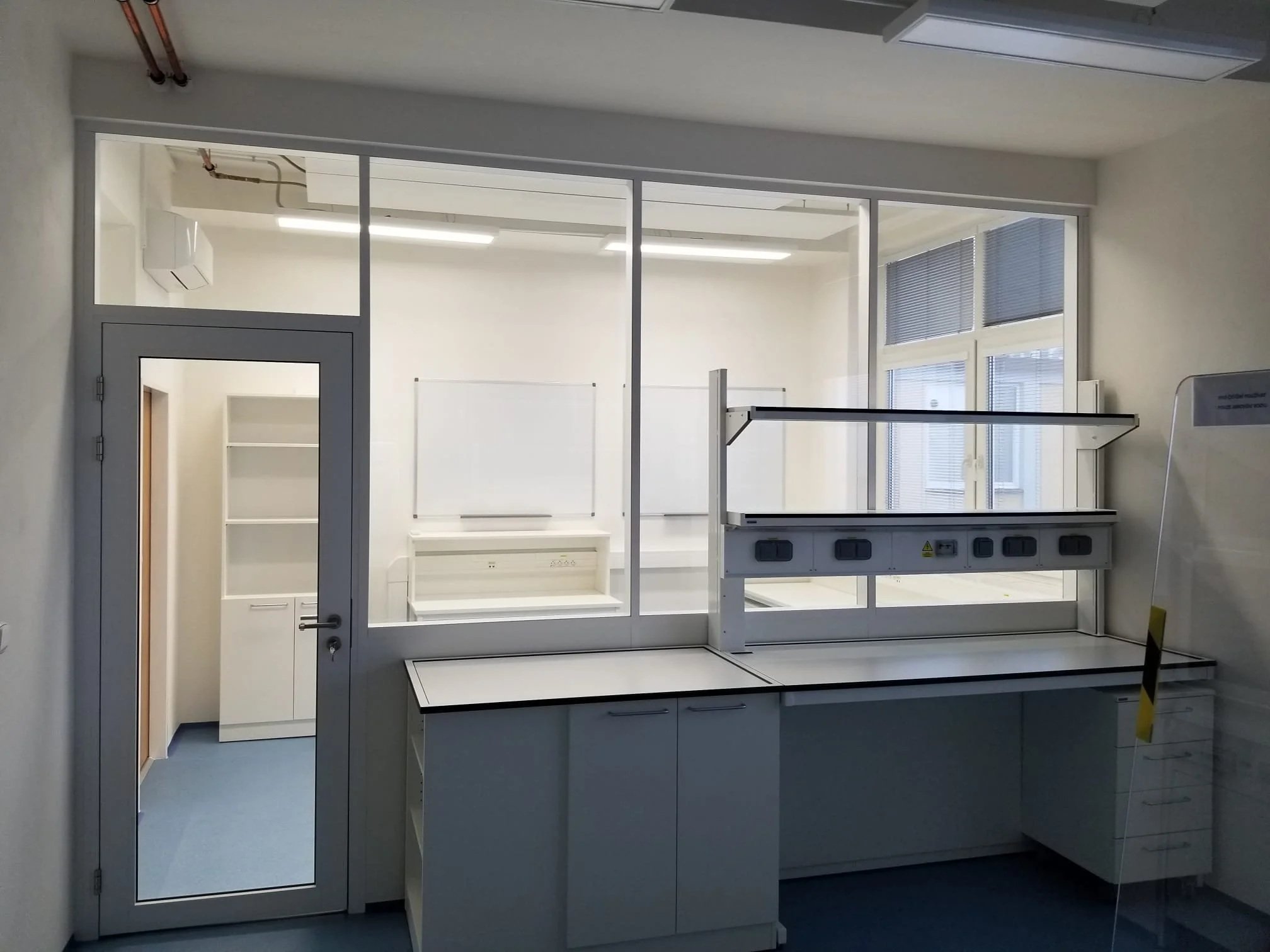Sex Differences in Cardiometabolism in Health and Disease
Heart disease remains the leading cause of death worldwide, yet it affects women and men differently - in how frequently it occurs, how effectively treatments work, and how quickly patients recover. In Lukas Chmatal lab, we aim to uncover the molecular mechanisms underlying these sex differences. Specifically, we want to understand what provides cardioprotection in women and why men are at higher risk of developing cardiovascular disease. Our research focuses on biological sex - the unique combination of sex chromosomes and sex hormones - and how it shapes heart metabolism in both health and disease.
To address this complex question, we study the body at multiple biological scales, from the whole organism to heart tissue, cardiomyocytes, and cardiomyocyte-specific mitochondria. We combine cutting-edge omics technologies with cellular and molecular approaches and computational analyses, using both genetically engineered mouse models and human samples.
Image © Lukas Chmatal
Research Topics in Lukas Chmatal lab
Heart metabolic regulation in health and disease
Our recent study (Talukdar & Chmatal, Circulation, 2025) demonstrated a key role of biological sex in shaping mitochondrial function in non-failing human heart. Specifically, we found that genes involved in mitochondrial fatty acid oxidation - a central pathway in cardiac energy production - are expressed at higher levels in female cardiomyocytes than in males.
What remains an unresolved question is what the underlying molecular mechanisms of these sex differences are and to what extend are they driven by sex chromosomes, gonadal hormones, or a combination of both.
Credit: Scientific American
Short Documentary: Science still doesn’t understand how our sex affects our health
This 15-minute video offers a glimpse into the exciting opportunities in the field of Sex Differences research, which aims to uncover the molecular mechanisms underlying sex-specific aspects of human physiology.
Scientific American, a leading popular science magazine known for making complex research accessible to the general public, produced this documentary about sex differences research at leading scientific institutions in the USA. Lukas Chmatal contributed to this work as a postdoctoral researcher in David Page’s laboratory at the Whitehead Institute at MIT, alongside many talented colleagues whose efforts are also featured. Participating in the filming was a unique opportunity to share research findings with a wider audience.
Advancing the filed of Sex Differences will be instrumental in explaining why many human diseases, including cardiovascular diseases, manifest differently in men and women, and will help develop future therapies that benefit all patients.
Sex differential mitochondrial biology
Given that cardiac mitochondria are highly responsive to cell-specific nutritional and physiological cues, we investigate biological sex as a multidimensional variable that modulates their function to meet the distinct metabolic demands of males and females. Using genetically engineered mouse models, we can isolate the contributions of sex hormones and sex chromosomes and assess their effects on mitochondrial physiology and function. Our goal is to define the molecular mechanisms that underpin these sex differences in mitochondrial biology and to explore pathological contexts in which these mechanisms are relevant and potentially amenable to intervention.
Meet Our Team
-

Lukas Chmatal, PhD
Principal Investigator
Dr. Lukas Chmatal earned his Ph.D. from the University of Pennsylvania, where he investigated the mechanisms of chromosome segregation during both meiotic and mitotic cell division. As a postdoctoral associate in David Page’s laboratory at the Whitehead Institute at MIT, he received comprehensive training in sex chromosome biology, mouse genetics, and cardiac metabolism. In 2025, he established his independent research group at the Institute of Physiology in Prague, Czechia, to investigate how sex chromosomes regulate metabolism in cardiac health and disease. Dr. Chmatal has received several honors, including the Praemium Bohemiae Award for outstanding representation of the Czech Republic at the International Biology Olympiad, the Kaluza Prize from the American Society for Cell Biology for excellence in graduate research, and the Whitehead Spirit Award for exceptional contributions to the institute's community. He is passionate about mitochondria, heart biology, and sex chromosomes - three themes he also channels into his longtime hobby: long-distance running.
-
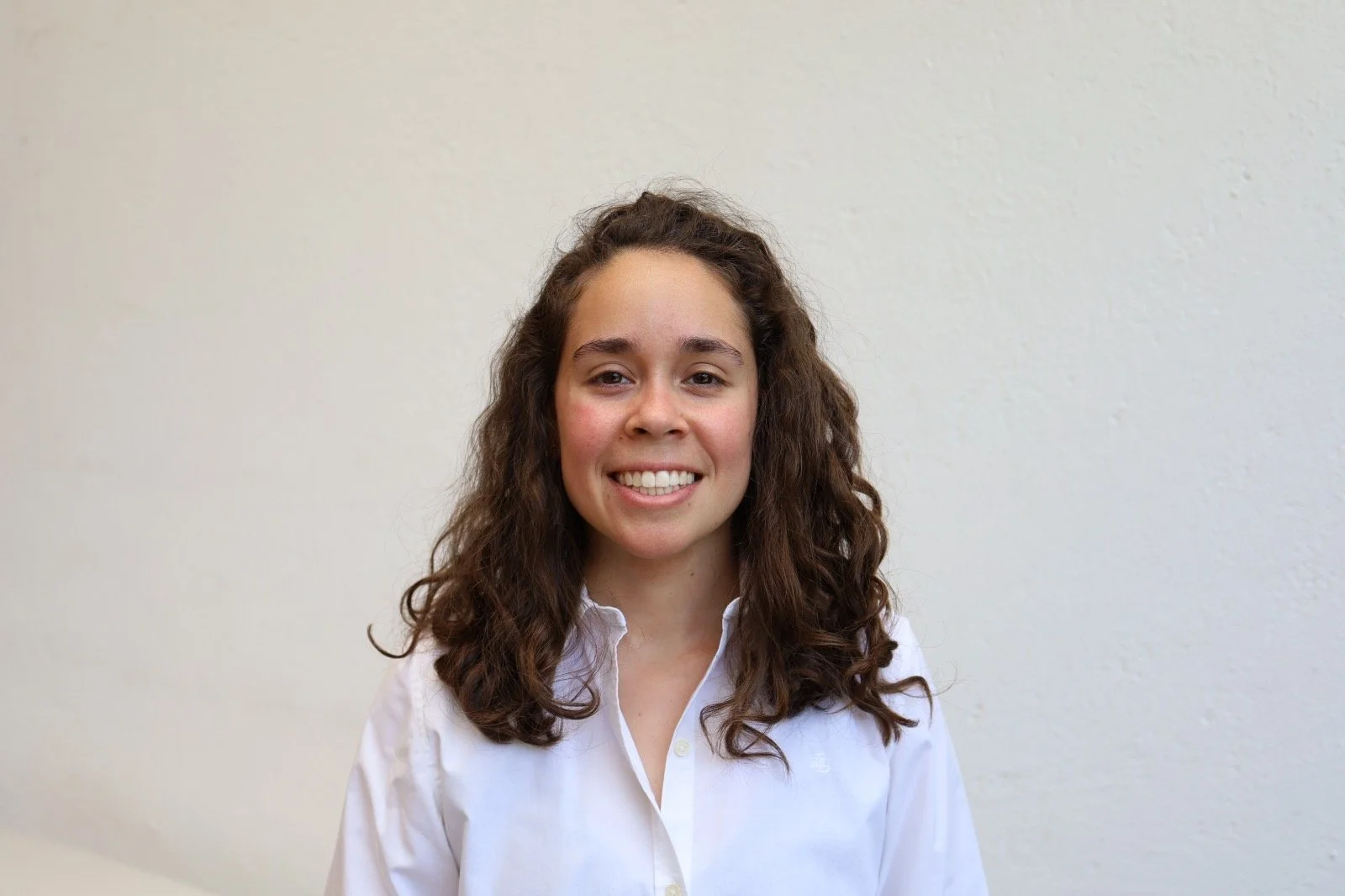
María Saucedo
Lab manager
María obtained her Bachelor’s degree in Biotechnology Engineering in Mexico. After graduating, she worked as an analyst at a consulting company focused on disease management. During this period, she developed a strong interest in understanding the molecular mechanisms underlying human disease, which motivated her to pursue a Master’s degree in Molecular Medicine at the University of Sheffield in the UK. She was awarded the highly competitive CONACYT scholarship from the Mexican government to support her studies.
She subsequently moved to Prague to pursue her PhD in the Developmental and Cell Biology program at the Faculty of Science, Charles University. During her graduate research, María investigated metabolic adaptations in models with impaired oxidative phosphorylation.
Outside the lab, María enjoys reading, public speaking, science communication, and traveling. She has lived in several countries, including Mexico, Australia, the UK, Spain, and the Czech Republic.
-
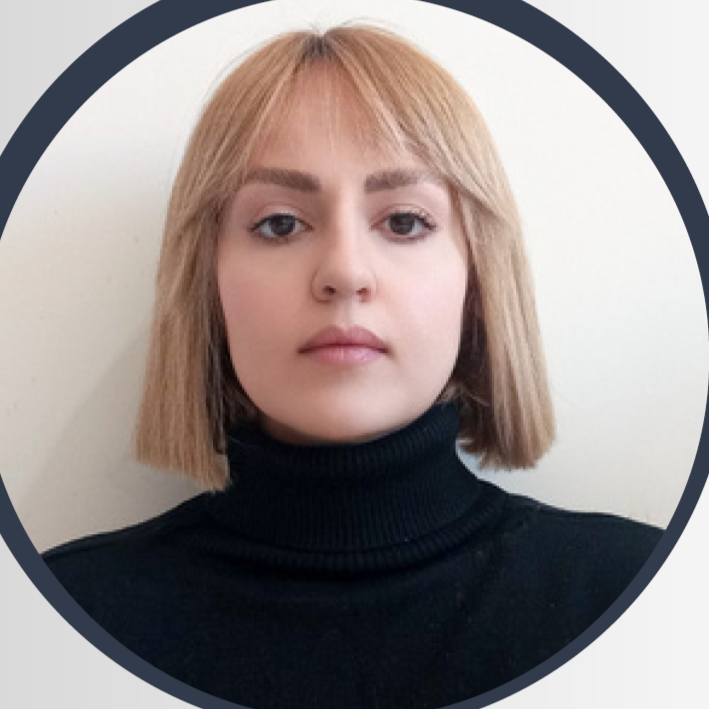
Roxana Ehsani
PhD student (Faculty of Science, Charles University)
Roxana’s passion for genetics and cellular biology was sparked in her early childhood through science fiction movies, and she is now excited to apply that enthusiasm to studying sex differences in mitochondrial biology.
Roxana received her Master’s degree in Molecular Genetics from the University of Guilan, Iran, where she studied genes involved in the late-onset progression of Alzheimer’s disease - a condition that disproportionately affects women compared to men. During this time, she developed a strong interest in sex differences in health and disease, as well as in the molecular mechanisms underlying these differences.
Before joining our lab, Roxana worked as a research assistant at the Avicenna Research Institute, where she gained hands-on experience in in vitro embryo production and cell culture. In addition, her training at the National Institute of Genetic Engineering and Biotechnology equipped her with bioinformatics skills that will be highly valuable for the multi-omics approaches employed in our lab.
-
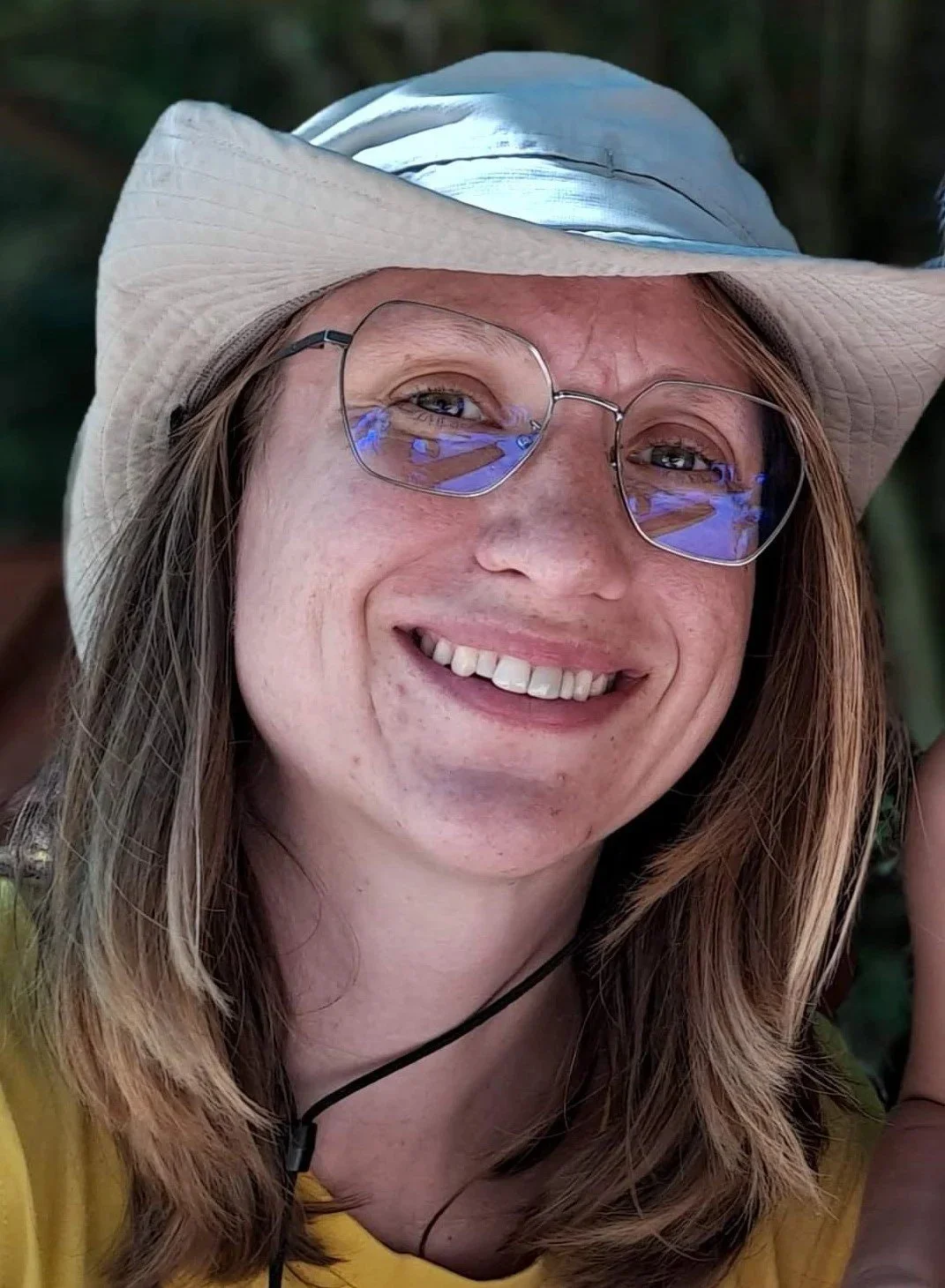
Jana (Spáčilová) Křížová, PhD
Postdoctoral fellow
Jana Křížová obtained her Ph.D. from the Faculty of Medicine at Charles University, where she conducted her research focused on mitochondrial disorders. Her doctoral work focused on the maturation of mitochondrial metabolism during the perinatal period, with the goal of improving diagnostic approaches for mitochondrial diseases in patients.
Her interest in science began early: during high school she participated in Biology and Chemistry Olympiads. She later joined the Laboratory of Molecular Therapy at the Institute of Biotechnology of the Czech Academy of Sciences, where she broadened her expertise.
Although much of her research has centered on neurodegenerative processes, including Huntington’s disease, her favorite molecule has always been coenzyme Q, and she is particularly passionate about respirometry.
Jana is a collaborative team player who is always eager to learn new things - embracing, as Chris Hadfield writes in An Astronaut’s Guide to Life on Earth, the mindset of being “a zero, not a hero.”
-
-
Our Lab and Philosophy
Laboratory:
In the Chmatal lab, we work as a team of highly motivated individuals driven to solve exciting and relevant biological questions. We believe that the best science arises from a collaborative, supportive, and diverse environment - one that respects all ideas and all people. We fully embrace the value and importance of the “night science” philosophy - a concept that emphasizes the context and process of creating scientific ideas - and we aim to foster a culture of open dialogue, creativity, and critical thinking to support such an environment https://night-science.org/.
Leadership:
In our lab, we believe that leadership is fundamentally about recognizing and nurturing the unique gifts and potentials of each individual, and inspiring them to work together towards a shared vision. The cornerstone of my leadership philosophy is rooted in five core values: listening, trust, excellence, integrity, and vision.
In Chmatal lab, we believe that…
Selected Publications
lab members in bold
Genes of the Fatty Acid Oxidation Pathway are Upregulated in Female as Compared to Male Cardiomyocytes
Maya Talukdar*, Lukas Chmatal*, Linyong Mao, Daniel Reichart, Danielle S Murashige, Helen Skaletsky, Daniel M DeLaughter, Zoltan Arany, Jonathan G Seidman, Christine E Seidman, David C Page. (2025) Circulation, 151(7):511-514
* equal contribution
https://www.ahajournals.org/doi/10.1161/CIRCULATIONAHA.124.071973
Efficient in vivo genome editing prevents hypertrophic cardiomyopathy in mice
Daniel Reichart*, Gregory A Newby*, Hiroko Wakimoto*, Mingyue Lun, Joshua M Gorham, Justin J Curran, Aditya Raguram, Daniel M DeLaughter, David A Conner, Júlia D C Marsiglia, Sajeev Kohli, Lukas Chmatal, David C Page, Nerea Zabaleta, Luk Vandenberghe, David R Liu, Jonathan G Seidman, Christine Seidman. (2022) Nature Medicine, 29(2):412-421
* equal contribution
Spindle asymmetry drives non-Mendelian chromosome segregation
Takashi Akera, Lukas Chmatal, Emily Trimm, Karren Yang, Chanat Aonbangkhen, David M Chenoweth, Carsten Janke, Richard M Schultz, Michael A Lampson. (2017) Science, 358(6363):668-672
Centromere strength provides the cell biological basis for meiotic drive and karyotype evolution in mice
Lukas Chmatal, Sofia I Gabriel, George P Mitsainas, Jessica Martínez-Vargas, Jacint Ventura, Jeremy B Searle, Richard M Schultz, Michael A Lampson. (2014) Current Biology, 24(19):2295-300
https://www.sciencedirect.com/science/article/pii/S0960982214009956?via%3Dihub
Join Our Team – Opened Positions for a Ph.D. Candidate & Research Data Scientist
About Us
We are a young and dynamic research group exploring the molecular mechanisms underlying sex differences in metabolism, with a particular focus on medically relevant questions such as cardiovascular health and disease. Our lab values inclusivity, collaboration, and open scientific exchange, and we are committed to providing personalized mentoring to support your long-term career goals. Located in one of Europe’s most beautiful cities, we offer a stimulating environment with competitive compensation, opportunities for international collaborations (including research exchange with our collaborators abroad), and support for attending international conferences to present your work and expand your professional network.
Ph.D. Candidate (Charles University, Fall application deadline: mid-December 2025; anticipated start: April 2026)
Requirements
Master’s degree (completed or near completion) in biological, medical, chemical, or biochemical sciences.
Strong self-motivation, attention to detail, and hands-on experience in cell biology, molecular biology, metabolomics, or computational biology.
Comfort working with mouse and human samples.
Fluency in English and excellent communication skills.
Enthusiasm for working in an inclusive, collaborative, and supportive team.
What We Offer
Personalized mentoring to develop your scientific skills and research independence.
Competitive stipend up to $1,600 / €1,400 / 36,000 CZK per month for four years.
Opportunity to participate in research exchange programs abroad.
Funding to present your work at international conferences and participating in EMBO workshops focused on relevant scientific methods and skills
Research Data Scientist (Application deadline: November 1st 2025; anticipated start: January 2026)
Requirements
Ph.D. degree (completed or near completion) in bioinformatics or computational data sciences.
Ability to lead research projects focused on large-scale dataset analyses (metabolomics, transcriptomics, proteomics, single-cell data).
Interest in learning basic wet lab experiments
Proactive and creative approach to addressing biological research questions.
Strong collaboration skills with both local team members and international partners.
Fluency in English and excellent communication skills.
What We Offer
Supportive environment aligned with your career development.
Participation international conferences and EMBO workshops focused on relevant scientific methods and skills
Salary up to $3,000 / €2,600 / 65,000 CZK per month + annual bonuses
Up to 6 weeks of vacation per year.
Initial two-year contract with a six-month probation period and the possibility of a long term contract
How to Apply
Please send your CV, a brief statement of your research interests in your motivation letter, and contact information for three references to lukas.chmatal@fgu.cas.cz



